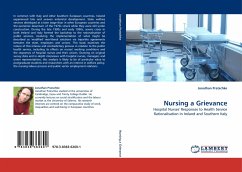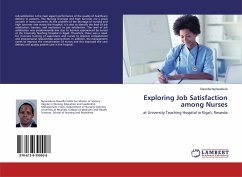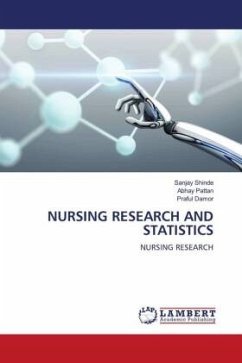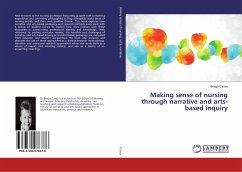In common with Italy and other Southern European countries, Ireland experienced late and uneven industrial development. State welfare services developed at a later stage than in other European countries and the economic downturn of the 1970s struck while they were still under construction. During the late 1980s and early 1990s, severe crises in both Ireland and Italy formed the backdrop to the rationalisation of public services, involving the implementation of what might be described as 'modified' neo-liberal solutions via tripartite agreements between the state, employers and unions. This book examines the nature of this intense and contradictory process in relation to the public health service, including its effects on nurses' working conditions and the responses of hospital nurses and their unions. Drawing on original survey data and in-depth interviews with hospital nurses, managers and union representatives, this analysis is likely to be of particular value to postgraduate students and researchers with an interest in welfare policy, the nursing labour process and public sector employment relations.
Hinweis: Dieser Artikel kann nur an eine deutsche Lieferadresse ausgeliefert werden.
Hinweis: Dieser Artikel kann nur an eine deutsche Lieferadresse ausgeliefert werden.








